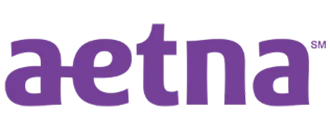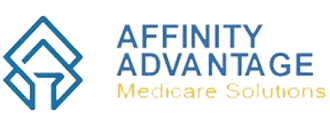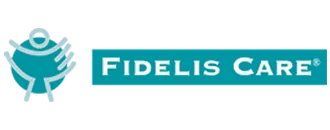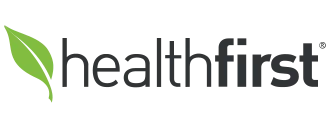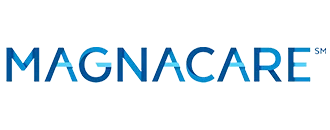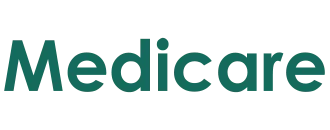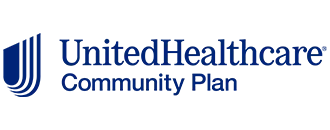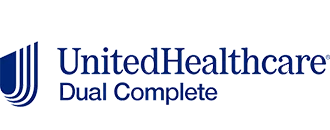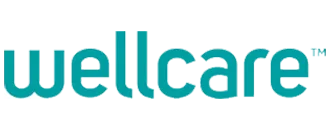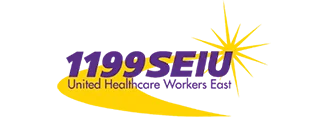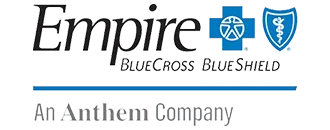ECHOS
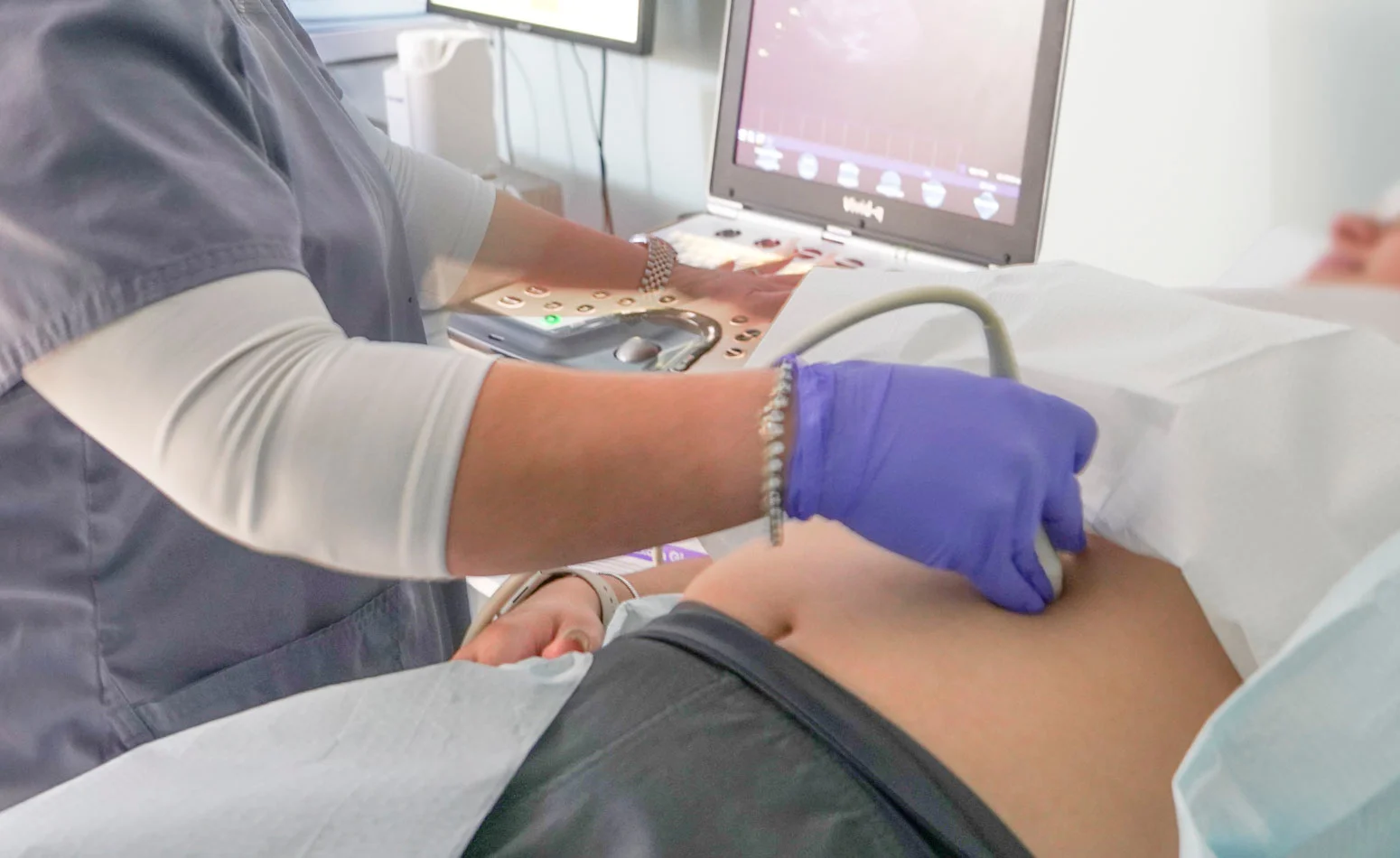

An echocardiogram, or "echo" exam, is a non-invasive diagnostic test that uses high-frequency sound waves to produce detailed images of the heart's structure and function.
At a cardiovascular diagnostic center, the echo exam is typically performed by a trained technician or physician called a cardiac sonographer. The exam itself usually takes between 30 and 60 minutes to complete and is painless and non-invasive.
During the exam, the patient lies on an exam table while the technician applies a special gel to the chest area. The technician then places a small device called a transducer on the chest and moves it around to capture images of the heart from various angles. The sound waves emitted by the transducer bounce off the heart's structures and are then converted into images that can be analyzed by a physician to assess the heart's function and diagnose any potential issues.
The echo exam can provide valuable information about the heart's size, shape, and function, as well as the condition of its valves and surrounding blood vessels. It is often used to diagnose conditions such as heart disease, heart failure, and abnormal heart rhythms.
There are several benefits to having an echo exam performed at a our cardiovascular diagnostic center, they include:
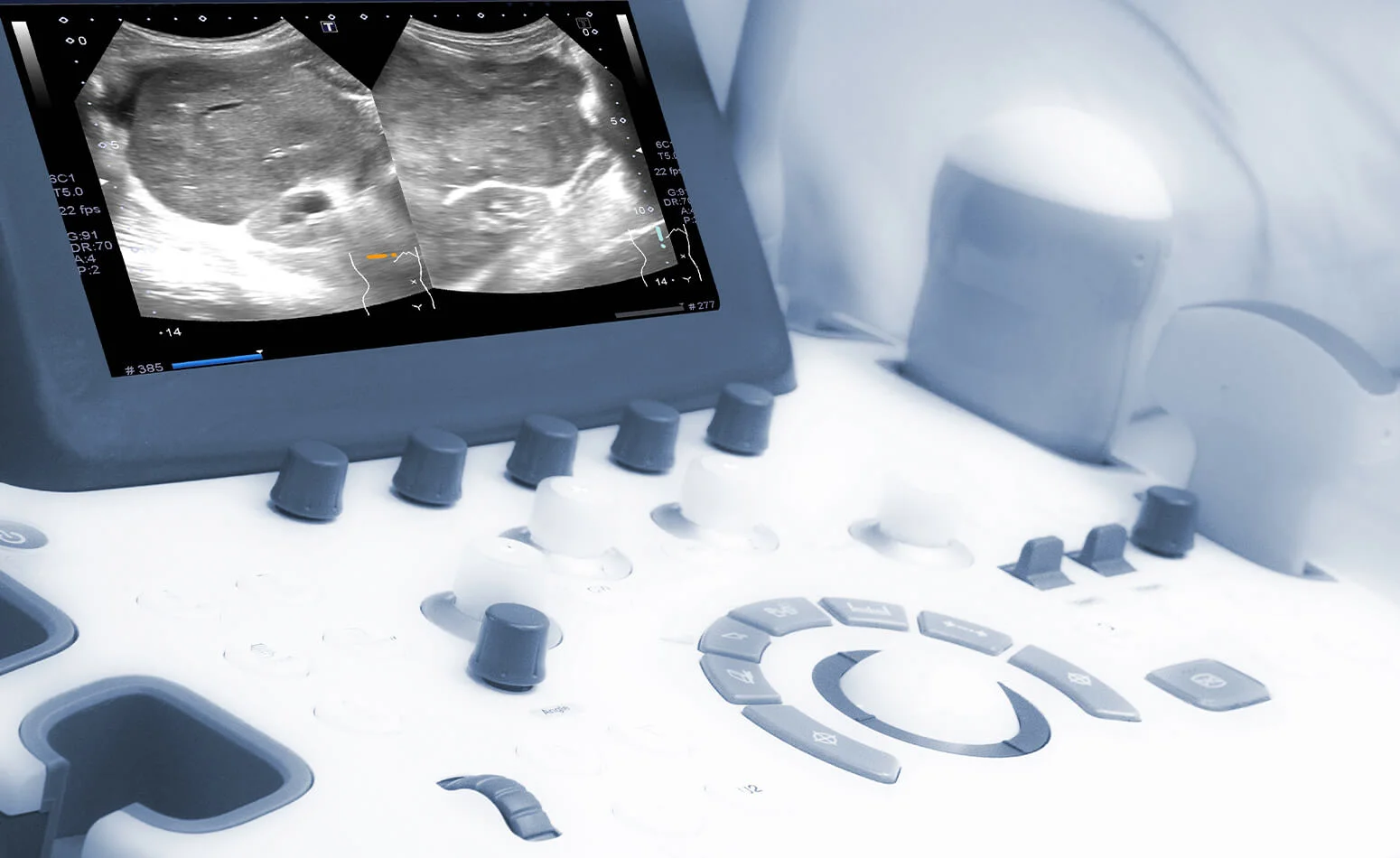
Echo exams are non-invasive, meaning there is no need for incisions or catheters to be inserted into the body. This makes the exam safer and less painful than invasive procedures.
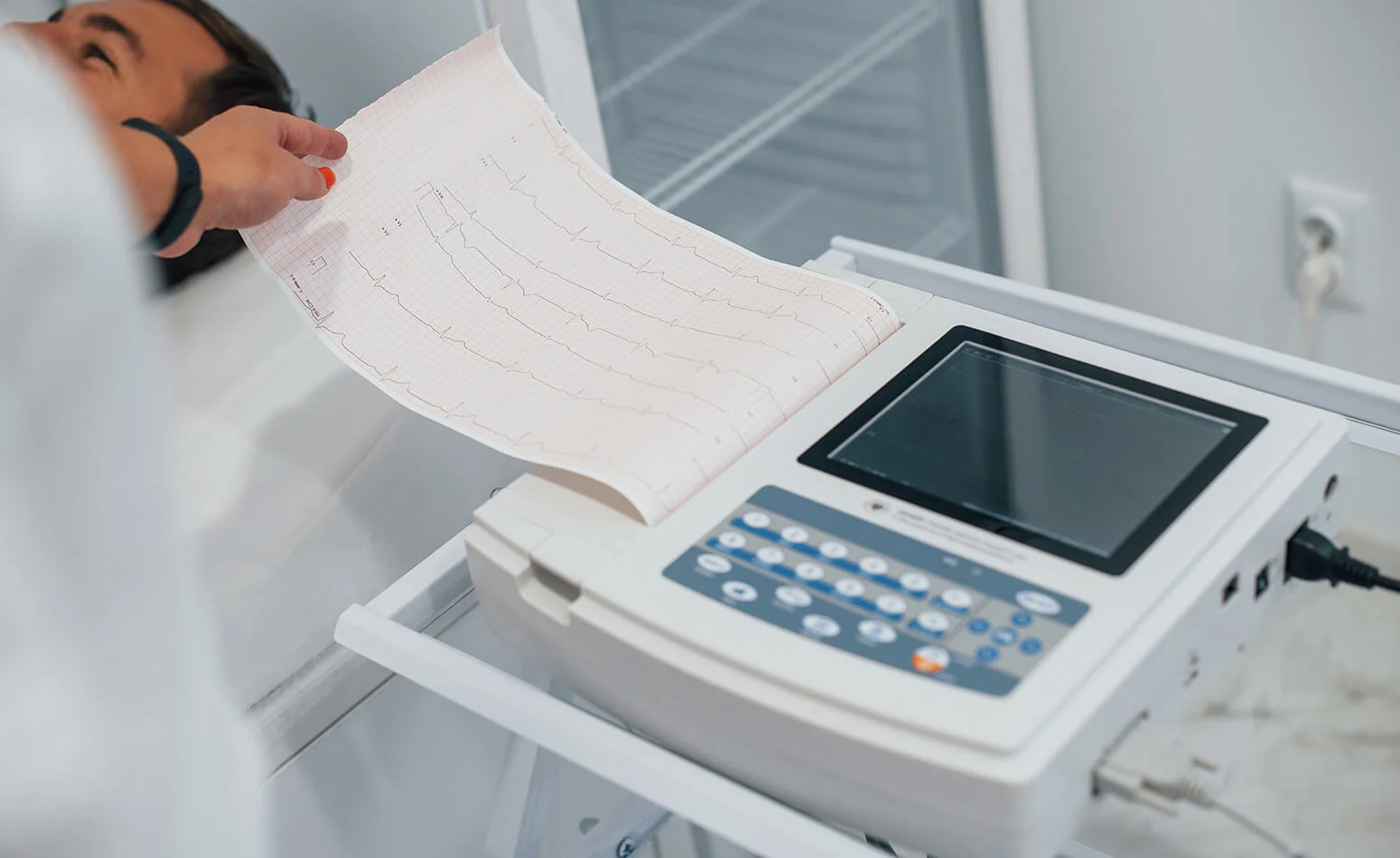
Echo exams are highly accurate and can provide detailed images of the heart's structure and function. This can help physicians diagnose heart conditions more accurately and effectively.
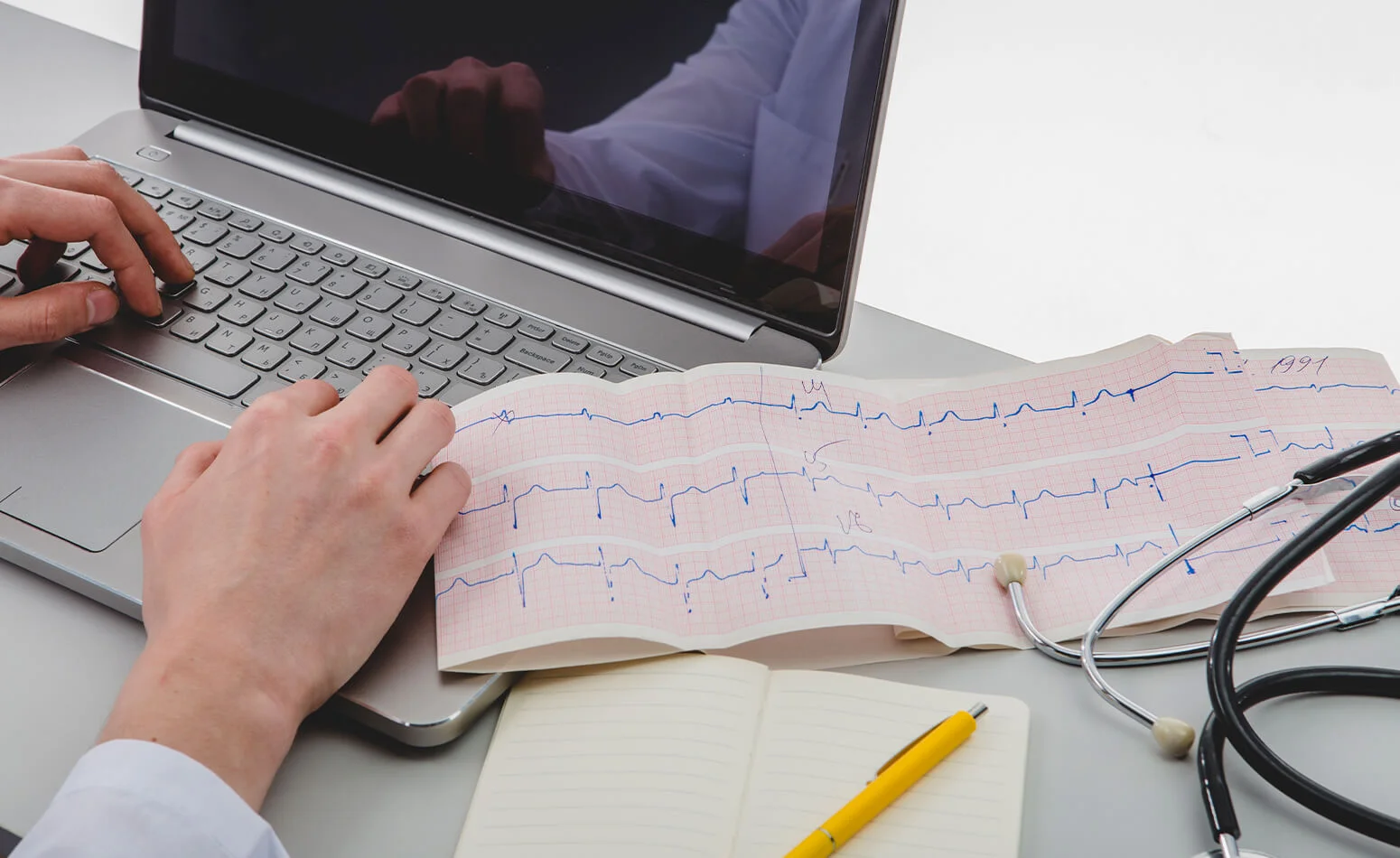
Echo exams typically take between 30 and 60 minutes to complete, and patients can usually return to their normal activities immediately afterward.
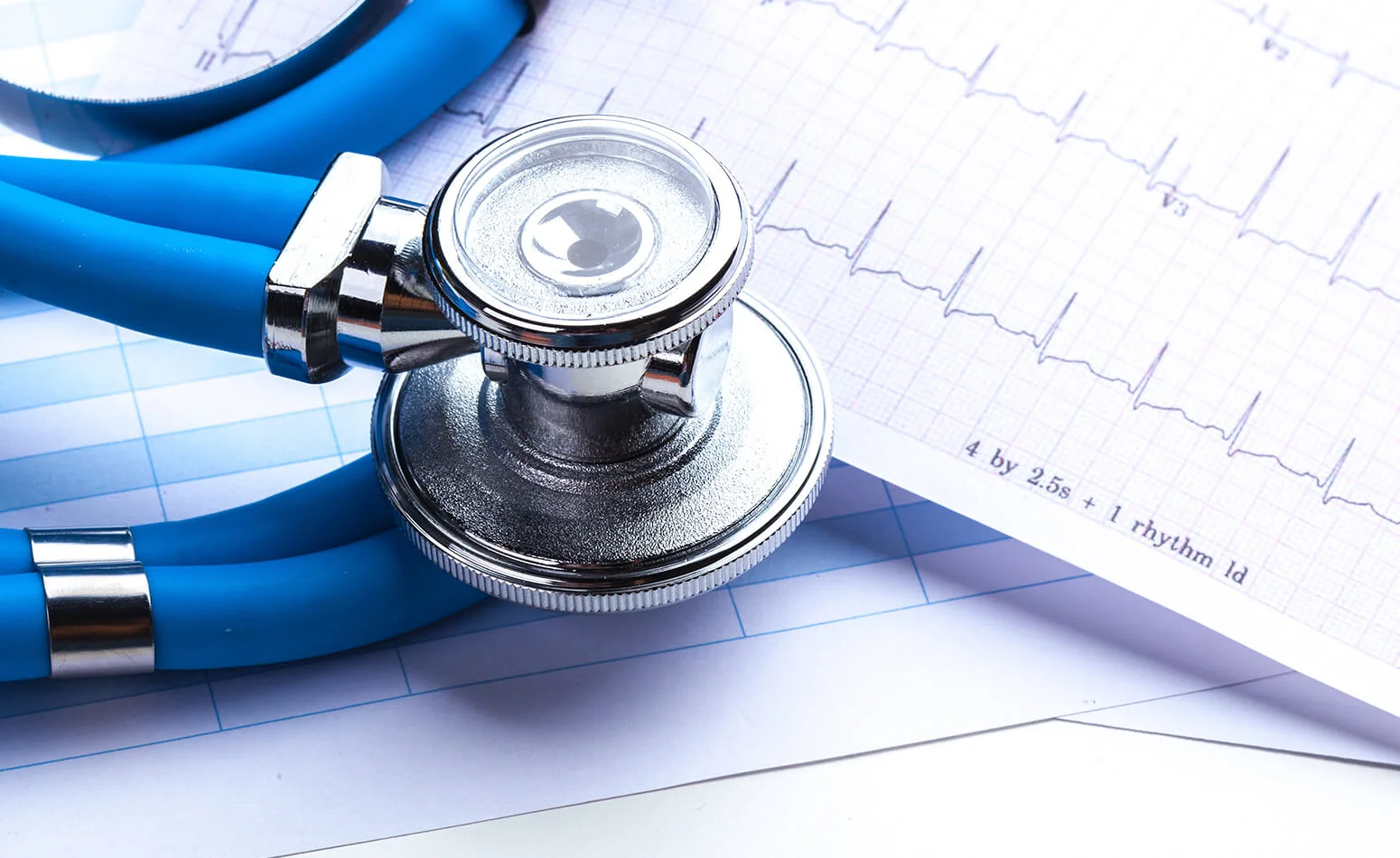
Echo exams use sound waves to produce images of the heart, which means there is no radiation exposure involved. This makes it a safer option than other imaging tests, such as CT scans or X-rays.
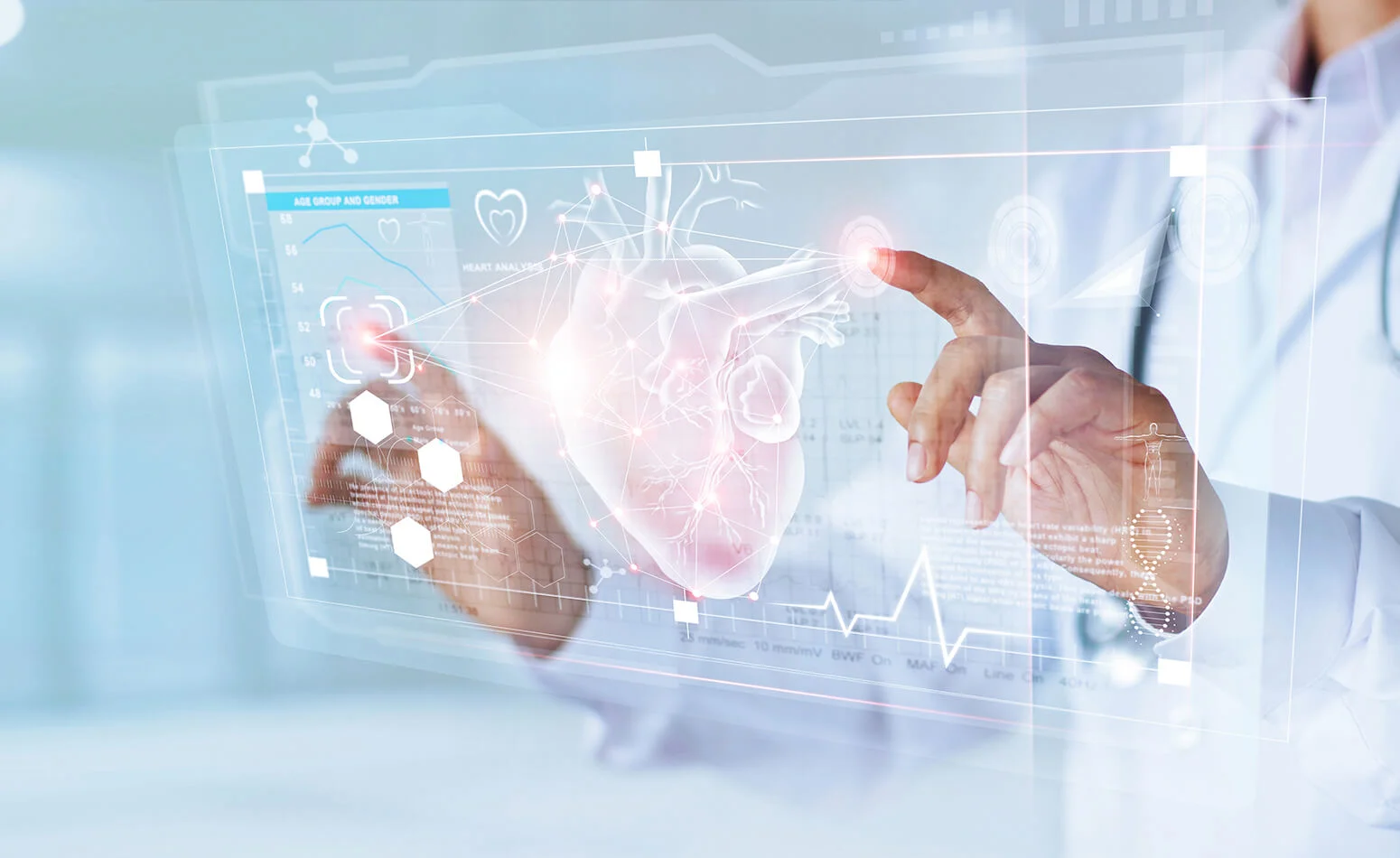
At a cardiovascular diagnostic center, the echo exam can be tailored to each patient's individual needs. The exam can be adjusted to capture specific images or to evaluate specific conditions, ensuring that each patient receives personalized care.
Overall, an echo exam performed at Roosevelt Cardiovascular Diagnostic can provide valuable information about the heart's health and function, and help our physicians develop effective treatment plans for patients with heart conditions.
